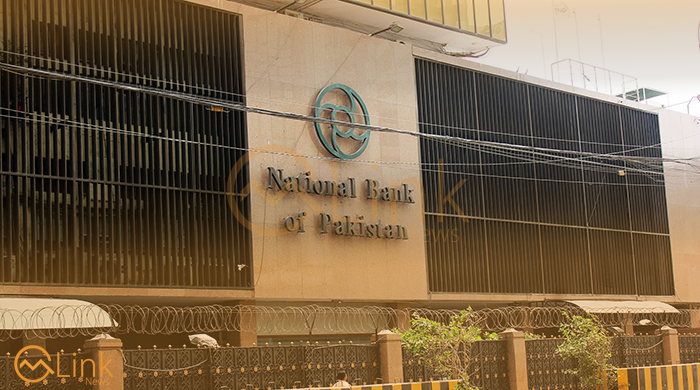April 30, 2020: Adviser to the Prime Minister on Finance and Revenue Dr Abdul Hafeez Shaikh has emphasized the need for better coordination among the stakeholders for arriving at a consensus on targets of macro-economic variables and the required policy actions to achieve them.
He further stressed that all organs of the state should play their role in this difficult time to fully capitalize their potential to achieve set macro-economic targets as per their mandate.
He was chairing a meeting of the Monetary and Fiscal Policies Co-ordination Board held at the Finance Division today. Other members of the Board present in the meeting were the Adviser to PM on Commerce and Investment, Deputy Chairman Planning Commission, Finance Secretary, Governor SBP and Dr Asad Zaman. Chairperson FBR also attended the meeting on special invitation.
The Finance Minister in his opening remarks stated that this high powered Board facilitates the policymakers to review and coordinate in an effective manner to adopt a comprehensive set of policy actions to overcome the economic challenges that we are facing at internal and external fronts.
Secretary Finance presented that the government has embarked on a journey towards stability and sustainable inclusive growth through various structural and policy adjustments that have paid off in the form of decline in current account deficit, fiscal deficit, the buildup of foreign reserves, stable exchange rate etc.
Thus, for the first-time primary balance posted a surplus of Rs 104 bn during Jul-Mar, FY2020 (0.2 % of GDP) as compared to a deficit of Rs 474 bn (1.2 % of GDP) during the same period last year. He then presented the pre-Covid and post-Covid overview of the economy and stated that the pandemic has brought multiple challenges for Pakistan’s economy.
Prior to coronavirus, the GDP growth was estimated at 3.24% for 2019-20 and after the pandemic, it may decline significantly. The government has timely initiated a Fiscal Stimulus Package worth Rs 1.24 trillion encompasses emergency response, support to businesses and relief to citizens. A couple of other schemes approved by ECC and the Cabinet is also in place to minimize the adverse impact of the Covid-19.
Governor SBP appreciated the efforts of the Ministry of Finance for curtailing fiscal deficit and achieving positive primary balance in the first three quarters of the current fiscal year. From Monetary perspective, he briefed that SBP has given the stimulus to economy through a cut in policy rate (425 bps) and increasing quantity of money by injecting additional liquidity.
SBP has introduced a number of measures and some concessional refinance schemes to address both the demand and supply-side conditions for businesses. These include Temporary Economic Refinance Facility (TERF), Refinance Facility for Combating COVID-19 (RFCC) and Refinance Scheme for Payment of Wages and Salaries to the Workers and Employees of Business Concerns. These measures are aimed at facilitating the businesses to remain afloat during the crisis times. On the demand side, a cumulative reduction of 425bps in the policy rate is expected to address the high cost of borrowing issue.
Deputy Chairman Planning Commission apprised the meeting that coronavirus has declined the confidence of both consumer and investors. Thus, both aggregate demand and supply have been disrupted and the society is following risk aversion behaviour. The government should provide further support in terms of simplification of processes and lowering administrative burden on businesses, and help SMEs find some ways to cope with the emerging situation. However, accommodative fiscal and monetary policies adopted by the Government will be helpful in stimulating economic activities.
Adviser for Commerce and Investment was of the view that in prevailing situation exports will be around 21 to 22 billion, while imports will fall to 42 billion mainly due to decline in international commodity and oil prices. There is a risk of decline in remittances. However, due to a decline in imports, the current account deficit may not be adversely affected. Even in these testing times, Pakistan’s exports to Africa and the Middle East have remained positive and are growing which has been a direct outcome of the government efforts to explore new avenues in export markets.
Dr Asad Zaman emphasized the need of enhancing the capacity of institutions like Federal Bureau of Statistics for timely dissemination of authentic data that will be helpful to reset policy direction in the post Covid changing environment by setting realistic targets and to monitor and analyze the performance of relevant stakeholders.
Press Release
34551







